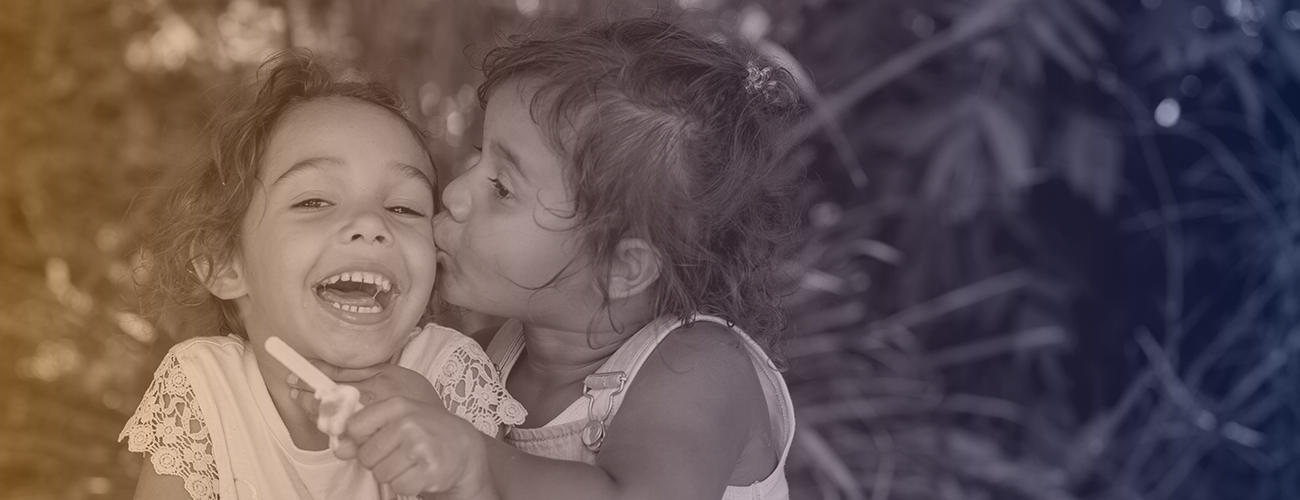
Almost a quarter of Aboriginal 4-10-year-olds experience psychological distress compared to 8% of all children in the same age group[1]. Connect Child and Family Services provide play therapy, mentoring and advocacy services in Doonside and Crawford through the Little Possums Program. The program offers culturally sensitive services for Aboriginal children and their families recovering from trauma, loss and grief. The program’s Play Therapist and Aboriginal Mentor help children develop a sense of identity and increase their participation in school, family life and their community events.
Western Sydney’s population is growing faster than Sydney as a whole. With the highest birth rate in NSW[2], Western Sydney’s population of young people is rising, and the first 2,000 days of a child’s life are critical for their physical, cognitive, social, and emotional development. As the Primary Health Network for Western Sydney, WentWest has prioritised funding for early years services to improve the future and health of Western Sydney children and families.
Lily* was brought to The Little Possums program by her concerned mother after becoming withdrawn and isolated from her family. Over 13% of 4-11-year-olds in Australia have diagnosable mental health conditions[3], and children need to build meaningful, trusted relationships from an early age to build their cognitive and emotional growth. A Play Therapist worked with Lily to engage her in one-to-one sessions and parent-child activities. As a result of therapy, Lily’s relationship with her mother has improved, and she is interacting more with her siblings. She also appears happier and more upbeat.
The Little Possum’s program also enabled Lily’s mother to receive the support she needed. The Aboriginal Mentor provided her with practical and emotional support and empowered her to resolve past issues that were still impacting her life. The mentor gave recommendations on other services to help the family overcome these challenges. The family are more connected to their cultural identity and community and have grown closer as a unit. Lily’s mother is now more confident in her ability to guide her children through difficult experiences and has learnt to accept support for herself.
*Name has been changed to protect the identity of this client
Read more stories from the WW Stories project.
[1] Twizeyemariya et al (2017), Risks for Mental Illness in Indigenous Australian Children: A Descriptive Study Demonstrating High Levels of Vulnerability, The Milbank Quarterly
[2] Secure Analytics for Population Health Research and Intelligence – SAPHaRI (2019), NSW Perinatal Data Collection, Centre for Epidemiology and Evidence, NSW Ministry of Health
[3] Lawrence et al. (2015) The mental health of children and adolescents: Report on the second Australian Child and Adolescent Survey of Mental Health and Wellbeing, Canberra: Department of Health